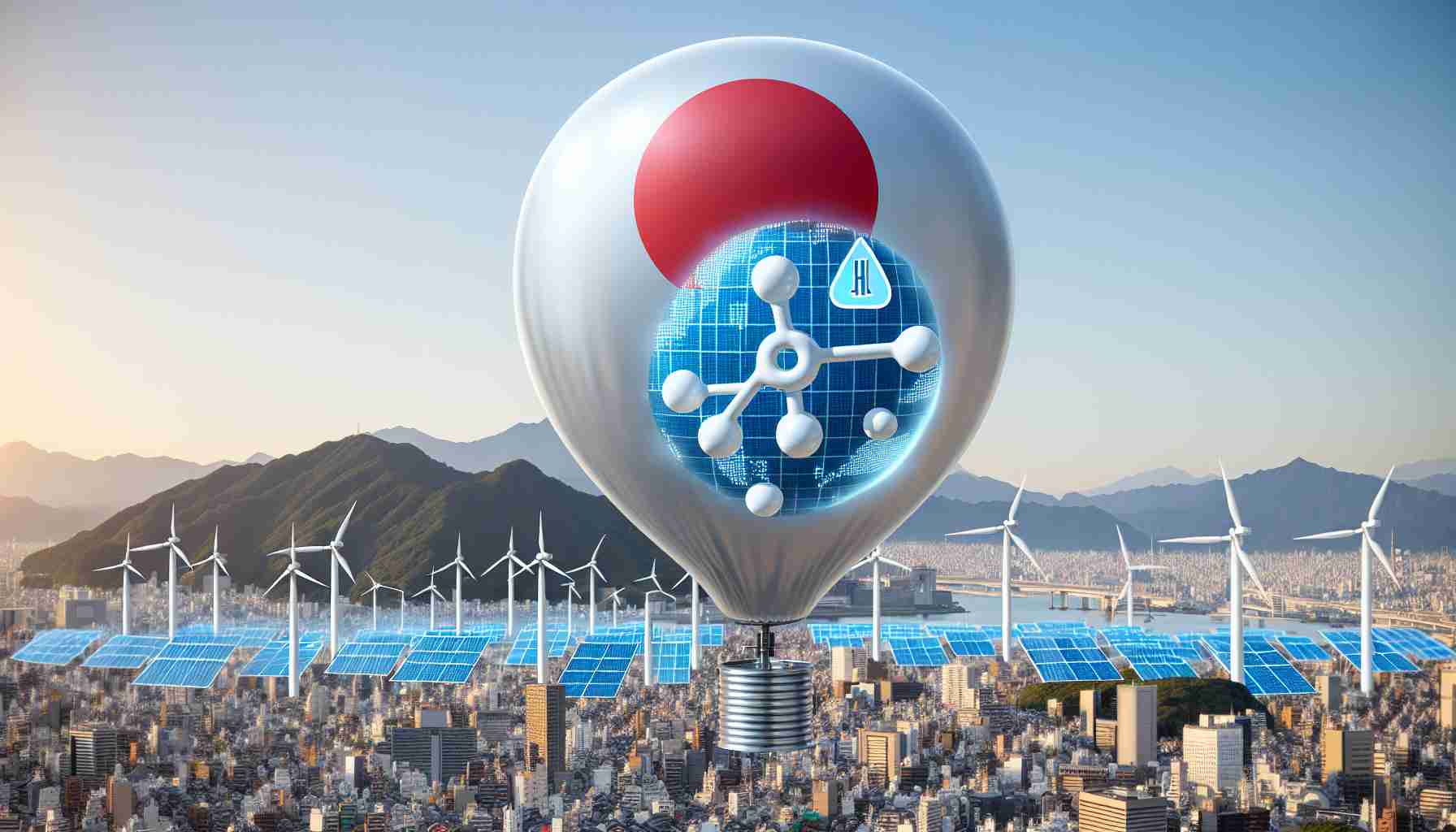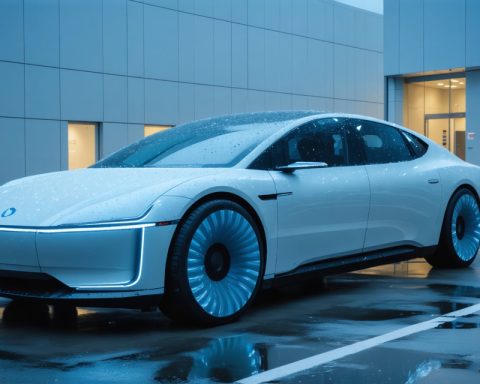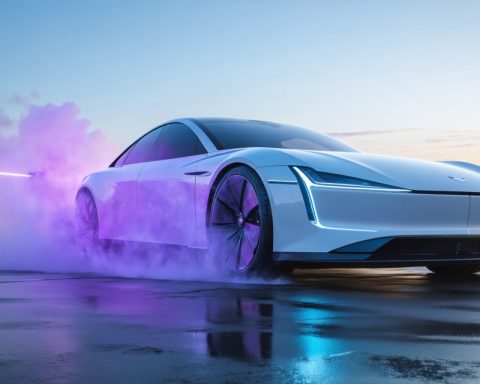A Revolutionary Change in Automotive Fuels
Japan is making waves in the automotive industry with its decisive move away from hydrogen, embracing a future powered by green fuels. This dramatic shift reflects the nation’s evolving perspective on sustainable energy and aims to lead the global charge toward an environmentally friendly transportation system.
Once celebrated for its potential, hydrogen is now being sidelined due to concerns over production costs, infrastructure challenges, and efficiency. Japan’s automakers recognize the urgency to adapt, as they strive to deliver high-quality solutions to consumers. Green fuels—derived from renewable sources like ammonia, synthetic fuels, and biofuels—emerge as the practical alternative. These fuels seamlessly integrate with existing vehicle designs and infrastructure, promising easier implementation and wider adoption.
In a recent announcement, automakers revealed plans for lean, efficient engines that utilize these innovative green fuels alongside electric motors. This hybrid approach symbolizes a key turning point in the quest for carbon neutrality. With the focus shifting towards sustainability, Toyota’s latest models showcase how their electric motors will lead the way, enhancing environmental performance without sacrificing power.
Japan’s transition to green fuels represents a pivotal moment in the automotive landscape, setting a powerful example for other countries. By prioritizing scalable solutions over hydrogen, Japan underscores a commitment to a cleaner, more sustainable future, paving the way for a significant transformation in energy technology worldwide.
The Green Revolution: Japan’s Bold Automotive Fuel Transition
Japan’s Shift Towards Sustainable Automotive Fuels
Japan is leading a transformative movement in the automotive industry by pivoting away from hydrogen as a primary fuel source and embracing green alternatives. This shift highlights the nation’s commitment to sustainability and positions it as a forerunner in creating a more environmentally friendly transportation ecosystem.
The Case Against Hydrogen
While hydrogen was once viewed as a promising clean energy source, several factors have prompted Japan’s automakers to reconsider its viability. Key issues include high production costs, insufficient infrastructure for widespread adoption, and overall efficiency drawbacks. This realization has sparked a crucial search for alternative fuel options that not only address these challenges but also align with the global push for carbon neutrality.
Emergence of Green Fuels
Japan’s automotive industry is shifting focus towards green fuels, such as ammonia, synthetic fuels, and biofuels. These alternatives are derived from renewable sources and have the distinct advantage of integrating seamlessly with existing vehicle designs and fueling infrastructure. This compatibility allows for a more straightforward and rapid implementation of these technologies across the automotive sector.
Innovations in Engine Technology
Recent developments indicate that Japanese automakers are designing lean and efficient engines capable of running on these green fuels in conjunction with electric motors. This hybrid approach not only enhances the overall performance of vehicles but also reflects a decisive step towards realizing carbon neutrality goals. For instance, Toyota’s latest models showcase advanced electric motor technology paired with green fuel capabilities, promising powerful performance while minimizing environmental impact.
The Global Implications
Japan’s proactive shift to green fuels sets a significant precedent for international markets. As countries worldwide grapple with the consequences of climate change, Japan’s strategies emphasize the importance of scalable, sustainable energy solutions. By prioritizing practical applications over hydrogen, Japan is not only catalyzing change within its borders but also inspiring a global movement towards cleaner transportation alternatives.
Pros and Cons of Japan’s Transition
Pros:
– Sustainability: Green fuels offer a more sustainable way to power vehicles, supporting environmental goals.
– Integration Ease: Existing infrastructure and vehicle designs can accommodate these fuels, facilitating quicker adoption.
– Enhanced Performance: The combination of green fuels with electric motors can lead to better efficiency and performance without sacrificing power.
Cons:
– Initial Investment: Transitioning to new fuel sources and technologies may require significant upfront investment.
– Market Readiness: Some regions may still be unprepared for the widespread adoption of these innovations.
Future Predictions and Trends
As the automotive landscape continues to evolve, several trends are expected to shape the future of Japan’s fuel strategies:
– Increased Investment in Renewable Technology: Anticipated advancements in biofuels and synthetic fuel production could enhance availability and reduce costs.
– Global Collaborations: International partnerships could emerge to develop infrastructure supporting green fuels, promoting widespread acceptance and use.
– Consumer Adoption: As awareness of environmental issues grows, consumer demand for sustainable vehicle options is likely to increase.
Japan’s departure from hydrogen fuel reflects a broader, critical reevaluation of energy sources in the automotive sector. By embracing green fuels, Japan is not only advancing its transportation systems but also laying the groundwork for a more sustainable future. The world will be watching closely as this revolutionary change unfolds.
For more information on sustainable automotive trends, visit Automotive News.














